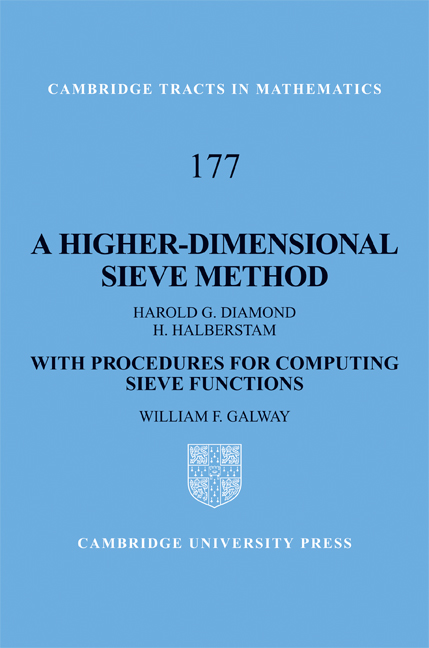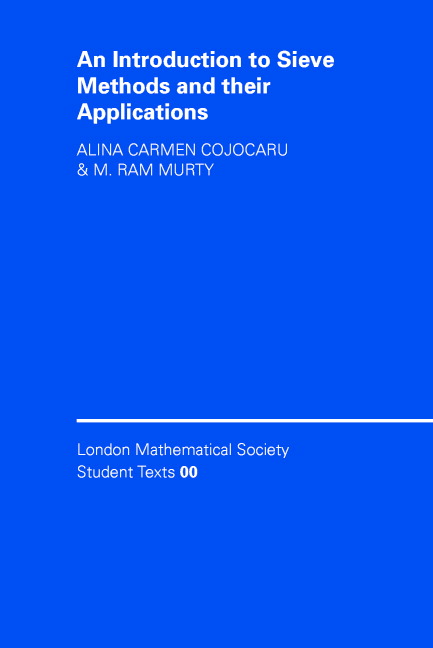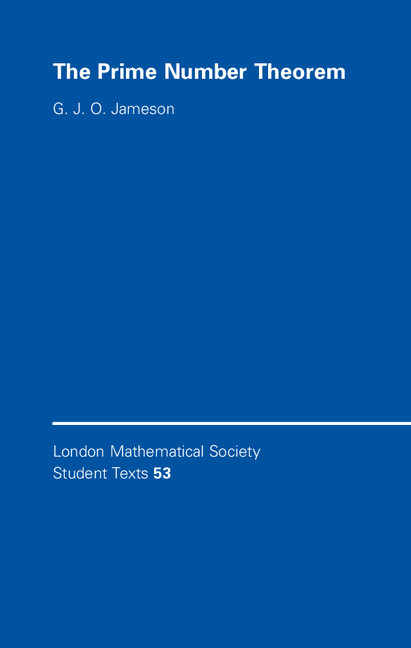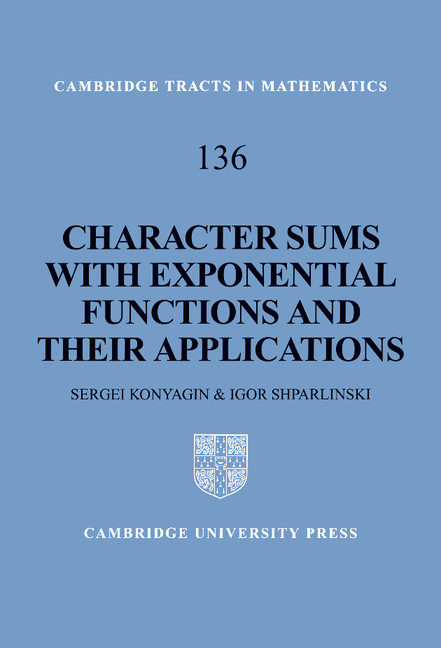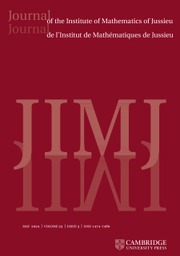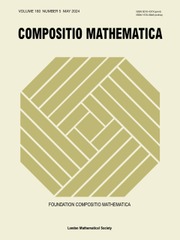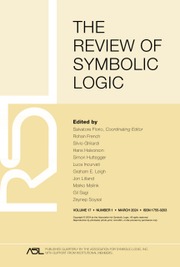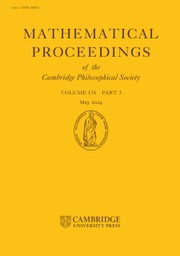A Higher-Dimensional Sieve Method
As probability and combinatorics have penetrated the fabric of mathematical activity, sieve methods have become more versatile and sophisticated and in recent years have played a part in some of the most spectacular mathematical discoveries. Nearly a hundred years have passed since Viggo Brun invented his famous sieve, and the use of sieve methods is constantly evolving. Many arithmetical investigations encounter a combinatorial problem that requires a sieving argument, and this tract offers a modern and reliable guide in such situations. The theory of higher dimensional sieves is thoroughly explored, and examples are provided throughout. A Mathematica® software package for sieve-theoretical calculations is provided on the authors' website. To further benefit readers, the Appendix describes methods for computing sieve functions.
- Fully explains the theory of higher dimensional sieves using many examples
- Modern and reliable guide for researchers needing to solve combinatorial problems with sieving arguments
- Computational methods are explained in detail in an appendix and on the accompanying website
Reviews & endorsements
"This is a well crafted book, with clear writing."
Allen Stenger, MAA Reviews
"It is to be recommended on the one hand for the serious student of the subject, and on the other for those who want a reference to the strongest available results for applications."
D.R. Heath-Brown, Mathematical Reviews
Product details
December 2008Adobe eBook Reader
9780511434365
0 pages
0kg
5 b/w illus. 15 tables
This ISBN is for an eBook version which is distributed on our behalf by a third party.
Table of Contents
- List of tables
- List of illustrations
- Preface
- Notation
- Part I. Sieves:
- 1. Introduction
- 2. Selberg's sieve method
- 3. Combinatorial foundations
- 4. The fundamental Lemma
- 5. Selberg's sieve method (continued)
- 6. Combinatorial foundations (continued)
- 7. The case κ = 1: the linear sieve
- 8. An application of the linear sieve
- 9. A sieve method for κ > 1
- 10. Some applications of Theorem 9.1
- 11. A weighted sieve method
- Part II. Proof of the Main Analytic Theorem:
- 12. Dramatis personae and preliminaries
- 13. Strategy and a necessary condition
- 14. Estimates of σκ (u) = jκ (u/2)
- 15. The pκ and qκ functions
- 16. The zeros of Π−2 and Ξ
- 17. The parameters σκ and βκ
- 18. Properties of Fκ and fκ
- Appendix 1. Methods for computing sieve functions
- Bibliography
- Index.

